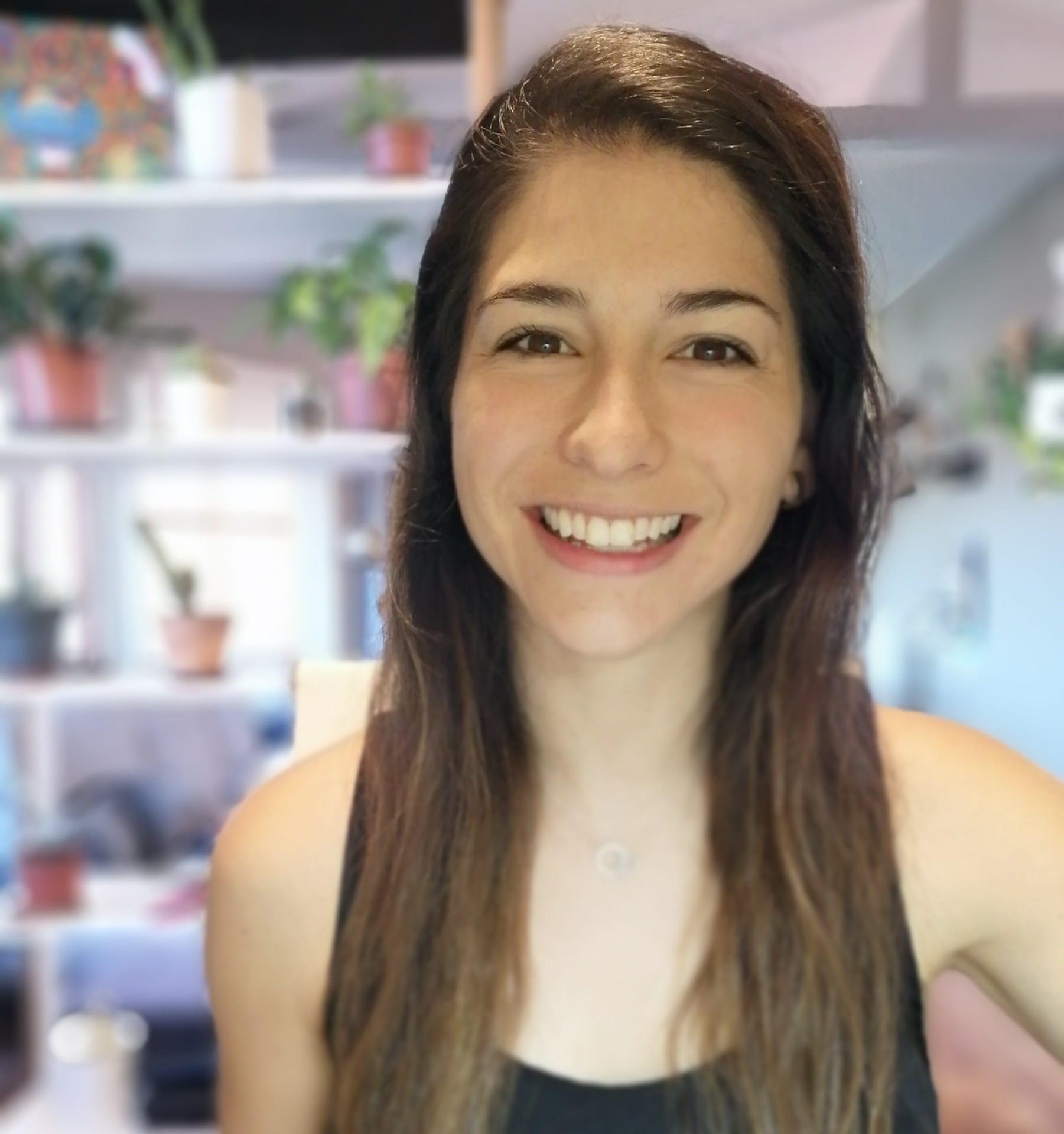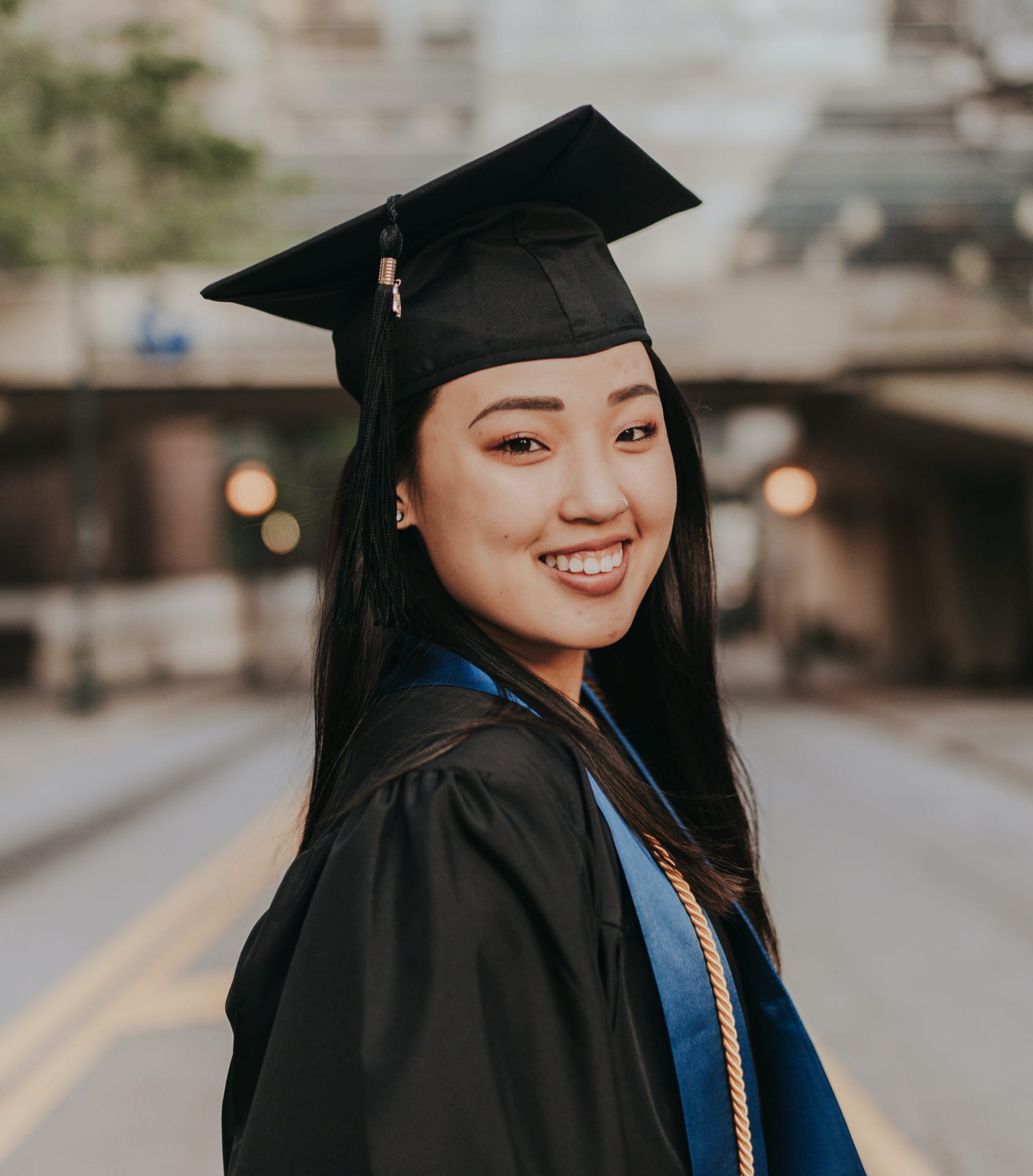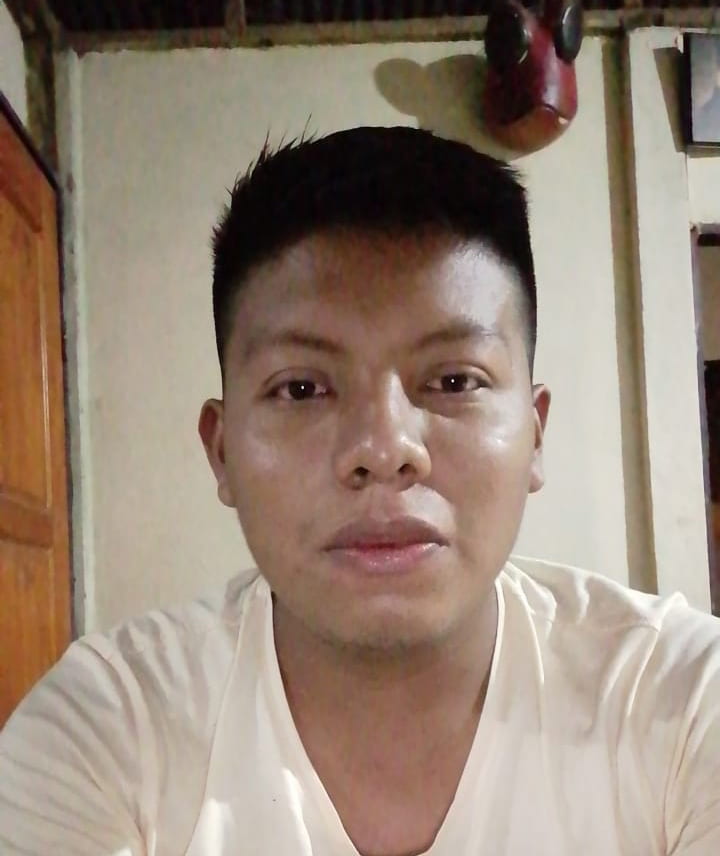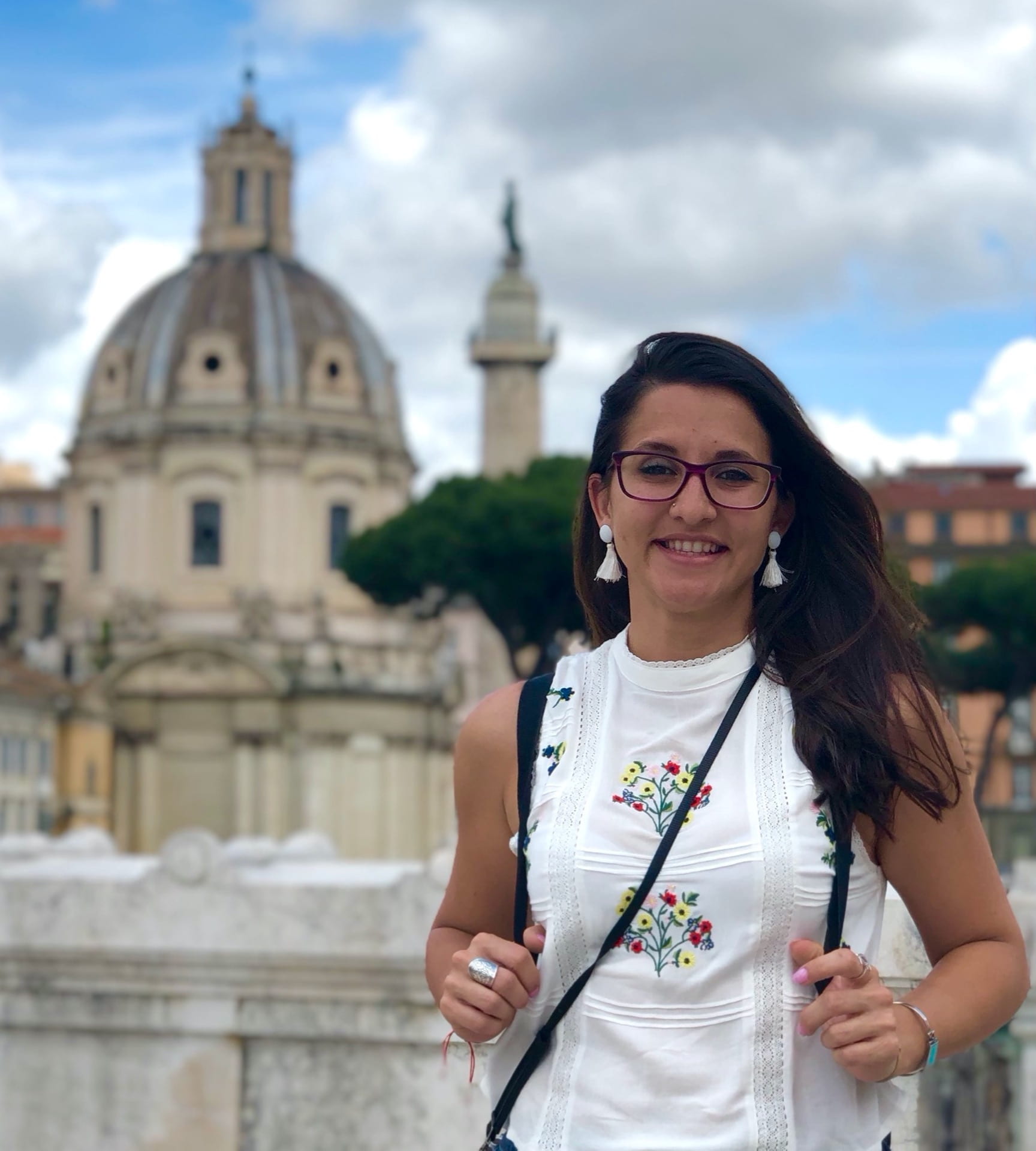Stories From Boruca
Cultura / Artesania / Ambiente
Balancing the traditional and the contemporary through pictures
One product of this project is an ethnographic photo book featuring the work of Bruncáj youth participants and junior researchers. This includes descriptions of life in the community accompanied by vibrant images. To view a digital copy of the book,
About the project

In this project we learned about stories from Boruca and hope to share them with other Costa Ricans and the world. We focus especially on Bruncáj stories that convey sustainable use of the forest in mask-making, culinary, and weaving traditions, among others. This project is funded by National Geographic, and is a collaboration between Georgia State University (GSU) and El Centro Interamericano Para La Salud Global (CISG).
Situated in the mountains of Costa Rica south of Buenos Aires, Boruca Indigenous Territory is home to the Bruncáj people. 15 percent of legally protected land in Costa Rica is located in Indigenous territories, and many Indigenous groups live on lands with more forest coverage and preserve that forest better than non-Indigenous communities. We hope to support Boruca’s efforts to sustain their forest and cultural traditions, recognizing that the health of individuals, communities, and ecosystems are intertwined.
About the TEAM
This project is designed to encourage collaboration and mentorship among team members from Costa Rica and the United States.

Carlos Faerron Guzmán
El Centro Interamericano Para La Salud Global
Carlos Faerron Guzmán is the Director of the InterAmerican Center for Global Health. CISG is the first global health hub in Central America and seeks to redefine the meaning of leadership and global health through innovative educational approaches. Carlos is also an Assistant Professor and Director of Global Health Programs at the University of Maryland, Baltimore, Graduate School.
Carlos obtained an M.D. from the University of Costa Rica, and an M.S. in International Health at Queen Mary University in Edinburgh and Vrije Universiteit in Amsterdam. He began his career as a primary care doctor in a rural area of Costa Rica where he worked closely with migrant and Indigenous populations. His work follows a health equity and human rights framework as a guiding principle and firmly believes in progress in health through community empowerment, research, and education.

Carolina Bolaños Palmieri
El Centro Interamericano Para La Salud Global
Carolina Bolaños Palmieri is the Associate Director of the InterAmerican Center for Global Health. Carolina has a B.A. and Lic. in Nutrition from the University of Costa Rica and holds a master’s degree in Global Health from the Barcelona Institute for Global Health and the University of Barcelona.
Carolina is a registered dietitian who focuses on using food as a bridge between sustainability and health. Being a strong advocate for food waste prevention, Carolina is also the Education and Research Coordinator for the NGO Alimentalistas, an initiative that is part of the Costa Rican Network for the Reduction of Food Losses and Waste. She also sits on the board of directors of the organization.
Additionally, Carolina serves as the executive director for Advance Health Education Costa Rica (Ahead.cr), she is the Global Health practicum facilitator for Child Family Health International (CFHI), and she is an adjunct instructor at the University of Maryland Graduate School.

Cassandra Eng
Georgia State University
Cassandra Eng has a B.A. and is working on an M.A. in Anthropology at Georgia State University. Her interests include equitable resource accessibility for sex trafficking survivors, aged out foster kids, and interconnected issues. Other interests include global public health, socioeconomic disparity, and globalization.
Cassandra works as a GSU graduate assistant, social media coordinator, and a Court Appointed Special Advocate for foster children. She also works as an assistant to a platform for inclusion and allyship.

Fabio Morales Morales
Youth Participant
Fabio Morales Morales is 21 years old and from Boruca.He has completed the studies of basic general education in addition to completing a middle technician in business informatics.
He likes to learn new things through non-formal learning. Also, he is interested in the future development of his community in the different social, political, structural and other aspects that characterize Boruca, but despite having an interest in these changes or progress, he would also like to continue maintaining the culture of his Indigenous people.

Jose David Lázaro González
Youth Participant
Jose David Lázaro González is an 18-year-old indigenous young man from Boruca, who is studying Commerce and International Business at the National University of Costa Rica. He has a great interest and love for his culture and the rescue of it. He enjoys spending time with his family, his friends, and he enjoys talking with older people in his community.

Jose Carlos Morales Morales & Leila Garro Valverde
Finca Educativa Kan Tan
Don Jose Carlos Morales Morales is a Bruncáj leader with a long and storied history of national and international advocacy for Indigenous rights. This includes efforts that led to the passing of the 1977 Indigenous Law in Costa RIca recognizing Indigenous Territories, as well as decades of work with the United Nations that focused on the creation and eventual adoption of the United Nations Declaration on the Rights of Indigenous Peoples. He is also the co-founder of Kan Tan Educational Center.
Doña Leila Garro Valverde is a nurse specializing in maternal health who has also studied Brunka toponyms (place-names) and culinary traditions. She is the author of an ethnographic cookbook titled Saberes y Sabores de Boruca. Previously, she worked for many years as a nurse with Indigenous communities, pioneering an innovative training program for Indigenous health workers. She has been engaging with and learning from Indigenous communities of Costa Rica for fifty years. She is also the co-founder of Kan Tan Educational Center.

Valeria Gutiérrez Morales
Participante Joven
Valeria Gutiérrez Morales is 21 years old and she is from the Boruca Indigenous territory. Her favorite color is blue, she loves nature, she is a lover of waterfalls. Valeria is a student at UNED in Agricultural Engineering.

Steven P. Black
Georgia State University
Steven P. Black is an Associate Professor of Anthropology at Georgia State University, with a B.A. in Anthropology/ Ethnomusicology and an M.A. and Ph.D. in Anthropology from UCLA.
Steven previously conducted ethnographic fieldwork in Durban, South Africa on performance, activism, ethics, HIV stigma and support, and global health. He has also studied Global Health Discourses in Atlanta, Georgia. He is the author of Speech and Song at the Margins of Global Health: Zulu Tradition, HIV Stigma, and AIDS Activism in South Africa (Rutgers, 2019).

Yanet Fundora
Georgia State University
Yanet Fundora graduated from Georgia State University with an M.A. in Anthropology (2021) and a B.A. in Psychology (2018). Yanet’s interests include use of social media in authoritarian regimes as a form of activism and resistance.
Yanet is an accredited substance abuse counselor in the State of Georgia. Her previous work included facilitating court mandated adult and youth groups in a mental health clinic. Yanet has extensive volunteer experience working with refugee-focused programs, wrap-around family services, and emergency foster care facilities.

Methods
In consultation with community leaders, we plan worked closely with Bruncáj youth to document, describe, and discuss the role of tradition in contemporary Indigenous life. Working with team members, youth collected photos and videos that captured traditional knowledge of the use of the forest for activities such as mask-making, weaving, farming, and cooking. Using these materials, some Bruncáj youth also created photo-voice diaries. Some youth participants interviewed community leaders and elders about these traditions. After the completion of the data-collection period, the project team created an ethnographic photo book and presented copies of the book to youth participants and community leaders, and also to the community schools and museum.
Contact Us